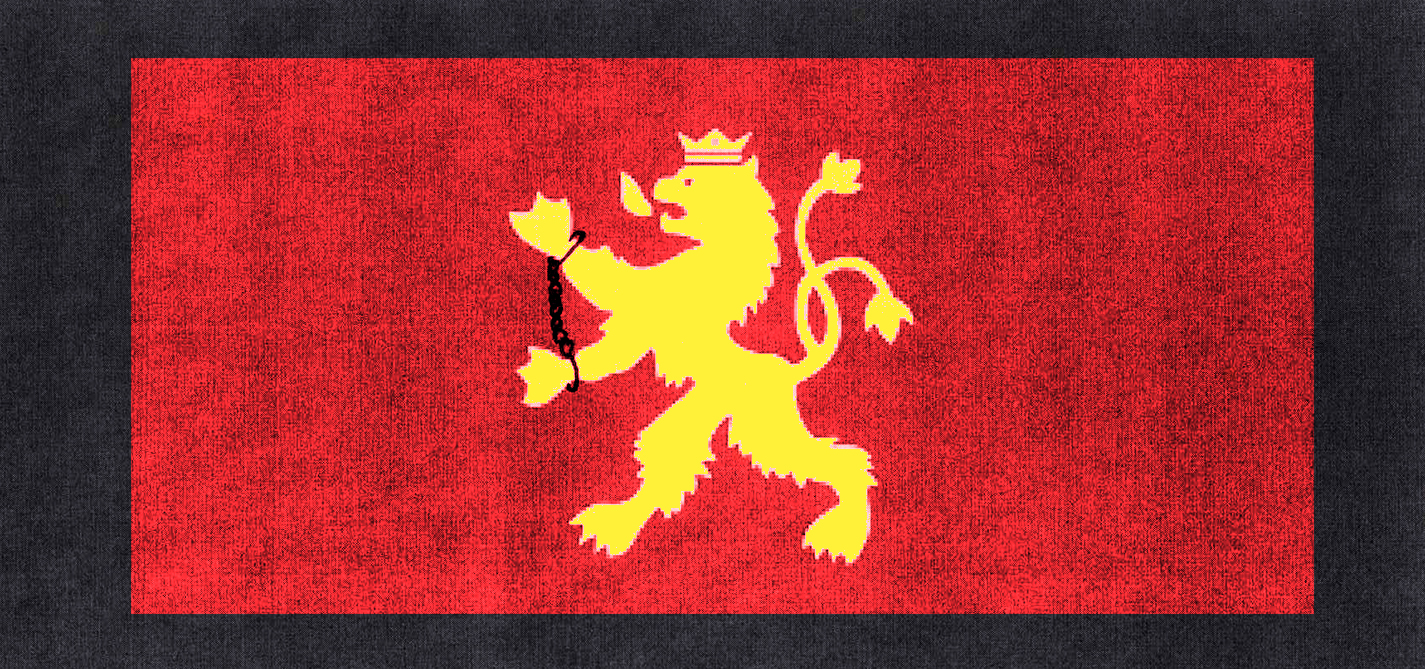
Macedonia’s journey from EU-poster child to an autocracy in denial is full of lessons to be learned
The rise and fall of the once all-powerful VMRO-DPMNE.
The tapes, some of them played at press conferences, which involved conversations between high ranking officials of the ruling VMRO-DPMNE, are now formally entering into the legal domain.
Gruevski understood the power of populism, and these three people were the masterminds of the party’s public image and the building of his own cult of personality.
Mijalkov was the kingpin of VMRO-DPMNE’s election success and due to his ruthlessness quickly became the most feared man in Macedonia.

Emir Hasanovic
Emir Hasanovic is communications and outreach director at Democracy Lab. He is a graduate of the Georgetown School of Foreign Service with a passion for foreign policy, security and the promotion of EU values in Macedonia.
DISCLAIMERThe views of the writer do not necessarily reflect the views of Kosovo 2.0.
This story was originally written in English.